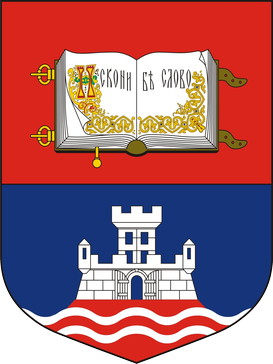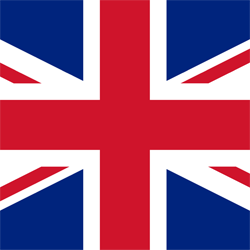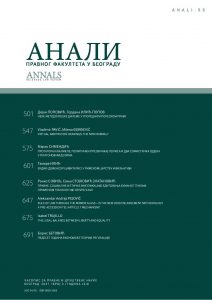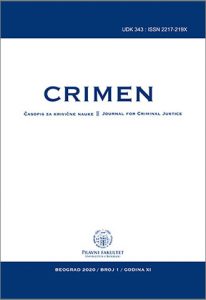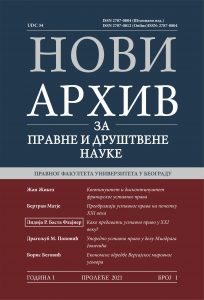About Monroe E. Price moot court

The Monroe E. Price International Media Law Moot Court Competition is held annually at Oxford University U.K., dating from 2008. This moot court is organized by the Programme in Comparative Media Law & Policy at the Centre for Socio-Legal Studies, part of the University’s Faculty of Law, in collaboration with the International Media Lawyers Association (IMLA). The purpose of the Price Moot Court Competition is to expand and stimulate an interest in Media Law and Policy among students from law and other disciplines, who will develop expertise in arguing a case before an international bench of judges from different legal systems and backgrounds. The international nature of this competition will encourage students to gain knowledge from legal systems different from their own by carrying out comparative study and research of regional and international standards to cultivate their arguments in both writing and oral forms.
Participants will operate in a world where a Universal Court of Human Rights has been established to ensure the citizens of the United Nations are enjoying the rights enshrined in the Universal Declaration of Human Rights. In this world, the Universal Court of Human Rights substitutes all jurisdictions of all other regional courts and becomes the final adjudicator when all national remedies have been exhausted. Moreover a Chamber of the Universal Court of Human Rights has been established in order to deal with issues specifically addressing cases concerning Freedom of Expression as set out in Article 19 of the UDHR and when freedom of expression collides with other fundamental rights in the Declaration. The Chamber is known as the “Universal Freedom of Expression Court”
The relevant law to be interpreted before the “Universal Freedom of Expression Court” is Article 19 of the United Nations Universal Declaration of Human Rights concerning the right to freedom of opinion and expression and other relevant provisions for the case in UN Universal Declaration. The interpretation of the Declaration must be made by developing arguments by relevant case-law from the following jurisdictions only: The Inter-American Court, European Court of Human Rights and African Court of Human and Peoples Rights – (including Reports of the respective regional Commission’s), US Supreme Court and decisions in relation to the International Covenant on Civil and Political Rights (i.e. Views of the Human Rights Committee). There will be no hierarchy between these authorities. With regards to literature, such limitations do not apply, which means that arguments can also be developed with reference to national legal scholars.
The moot commences in September each year, when the moot problem is distributed to the participants. It consists of two parts. The first one is preparation and submission of written memoranda prior to the oral hearings. There are two memoranda to be written: one for the Applicant, the other for the Respondent. The writing of these memoranda usually takes about five months. The oral arguments take place at Oxfrord, usually in the end of March. The oral part of the moot lasts for five days.
This is the first time a competing team from the Faculty of Law at the University of Belgrade will be a participant in this competition.
More information and the documents relevant for previous competitions can be found on the official site of the competition: pricemootcourt.socleg.ox.ac.uk
